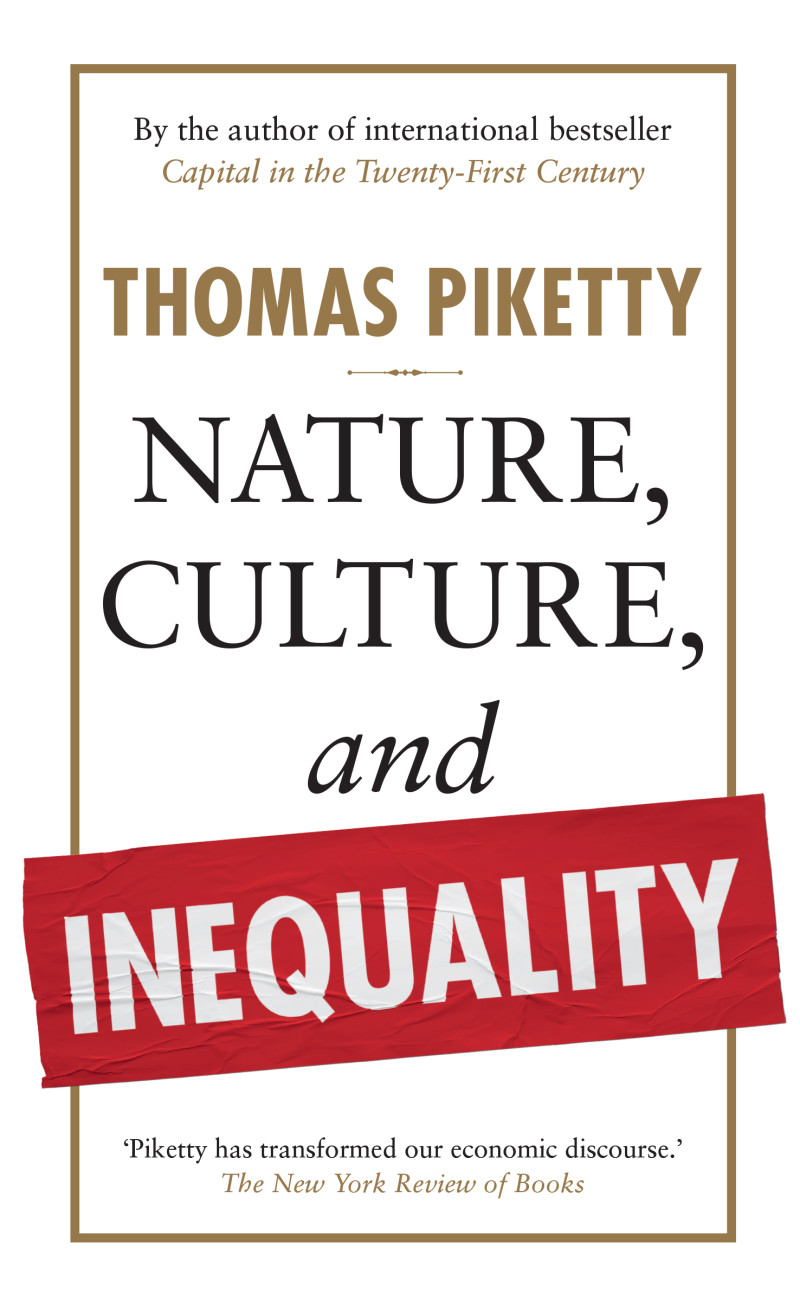
VANGUARD - Expressing the viewpoint of the Communist Party of Australia (Marxist-Leninist)
For National Independence and Socialism • www.cpaml.org
Thomas Piketty, the author of Nature, Culture and Inequality is a French economist who specialises in the study of global inequality in its various forms. He was an editor of the World Inequality Report 2022, issued by the World Inequality Database.
Inequality of income and inequality of wealth are two important measures of inequality in a country. What percentage of income and wealth go to the top 10% of society compared to the bottom 10%? We see that in most countries, especially countries like the US the top 10% have the biggest share of the income and wealth of the country. The bottom 10% have only a very small percentage of the income and wealth. In Australia the top 20% control 48% of the income and 64% of the wealth. The bottom 20% have 4% of the income and 17% of the wealth.
In many countries the difference in income and wealth possessed by the top 10% is actually increasing at the expense of the bottom 10%. The level of inequality in a country can be influenced by government policies such as taxation systems that favour the richest individuals and companies over the ordinary people. Tax cuts for the highest income earners and numerous concessions for companies are examples of this. In Australia we have taxation concessions around housing such as negative gearing and capital gains tax concessions which favour investors who may own many houses over would-be first home buyers, contributing to inequality in the housing market.
The spokesmen for capitalism try to tell us that inequality is inevitable. Piketty says, “Those who benefit most from a system tend, for obvious reasons, to see inequalities as part of the natural order, and they are apt to characterise disparities as permanent and inevitable, warning against any change that might threaten the existing harmony.”
He cites Sweden as an example of country that went from being a highly unequal country to an extremely egalitarian country, thanks to the policies of social-democratic governments from 1932 to the 1990s. (As Marxists we say that this does not alter the fact that Sweden is still a capitalist country.)
The neo-liberal policies pursued by governments overseas and in Australia greatly increased inequality as health, education, aged care, transport, energy and other sectors of the economy were handed over to the “market” for capitalists to extract billions of dollars in profits from them. Piketty calls for all of these to be taken back out of the market and returned to the public sphere.